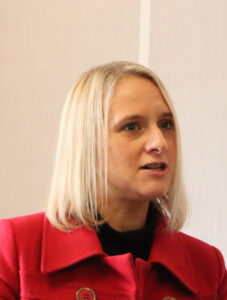In October 2023, the Textiles Services Association (TSA) held its Autumn conference for commercial textile rental and laundry members. The agenda included environmental matters’, and for good reason.
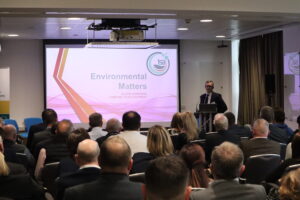
A laundry will typically supply linen through a rental agreement, collect it when dirty, wash, repair, or replace it if needed, and then return it. This method is intrinsically sustainable because it embraces a circular business model.
The laundry operations aim to make these textile products last as long as possible, even after hundreds of uses with highly optimised energy, water, and detergent usage. However, the preciousness of these commodities is often not fully realised in several parts of the value chain, resulting in significant levels of unaccounted stock volumes.
The TSA reports that annual stock losses on rented linen and towelling to the hospitality industry could be over 60%. For its rented linen and uniforms service to the NHS, the losses are nearly 90%. The scale of this waste becomes substantial when you factor in that the TSA’s members process over 50 million items of linen each week for hospitality and healthcare.
The TSA is driving the change by engaging with its end-user sectors to raise awareness, and providing training support for housekeepers and laundry staff through well-designed guidance and bitesize videos such as Pasha the Pillowcase. The training focuses on the environmental impact of these annual losses, which on water alone equates to 900 million baths tubs of water in the UK for the hospitality sector and 300 million for the NHS.
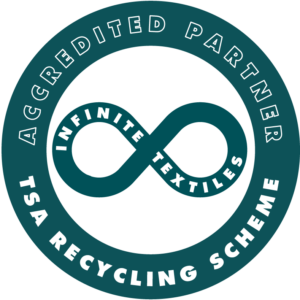
This project forms part of the laundry industry’s larger sustainability programme where the TSA is developing a roadmap for the industry. Over the last year the TSA has been developing an ambitious sustainability strategy together with Grain Sustainability and as part of this process has now engaged Compare Your Footprint carbon calculation software, and TSA’s Infinite Textiles recycling scheme to establish a harmonised approach to help measure, benchmark and reduce the global industry’s environmental impact.
David Stevens, CEO of the TSA comments:
“We are extremely proud of the commercial laundry industry’s circular credentials, and we are well-placed to make a difference as we serve most of the primary and secondary sectors in the UK. By working with Grain and Compare Your Footprint, we are doing our part to enable our members to tackle some of the barriers they face today. Our aim is to take our members together on this journey by providing them with the tools and the awareness they need to make well-informed decisions early on.”
Compare Your Footprint will be the central measurement platform for the TSA’s members in the UK and potentially the global industrial laundry sector to set a baseline carbon footprint, identify their carbon hotspots and set targets for reduction.
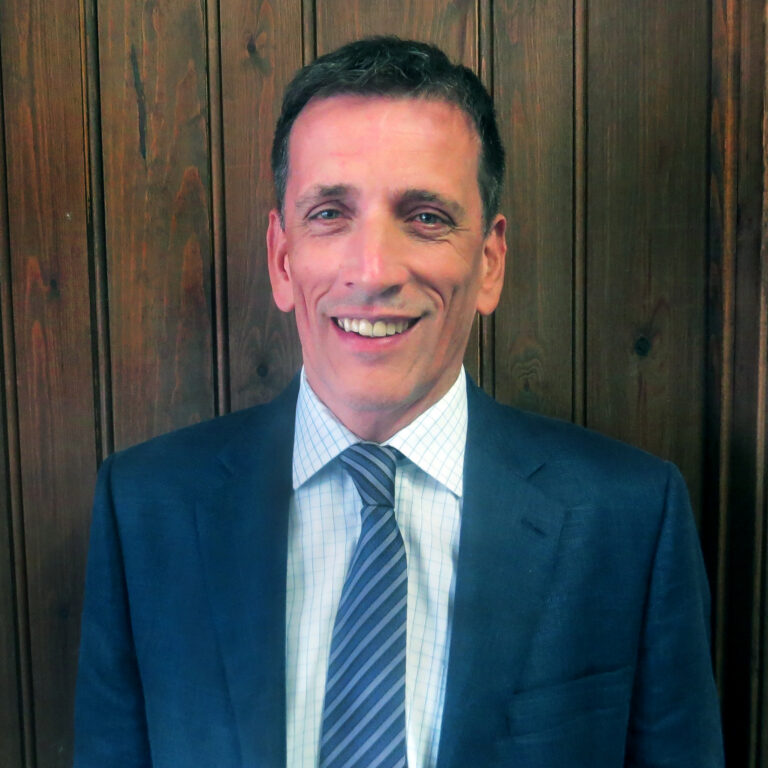
Under the TSA’s Infinite Textiles recycling scheme, the TSA and the UK Hospitality Association are working with national stock aggregators such as Salvation Army, charities such as Multi-Bank, recyclers, logistics, and technology partners to deliver a valuable recycling operation for the UK commercial laundry industry. Infinite Textiles is on a mission to facilitate the largest laundry industry textile recycling project in the world.
The industry has mastered the art of reusing textiles, providing an opportunity to pioneer the circular use of products through re-use and recycling. For example, increasing the portion of surgical textiles used within the NHS to reusable options as it is the more sustainable and responsible choice.
Infinite Textiles estimate that the scheme, which encompasses the entire life cycle of the products, will save tens of thousands of tonnes of carbon per year, save billions of litres of water per year, achieve significant efficiencies, and contribute to overall carbon reductions in the future of textile manufacturing.

Jon Cooper, Operations Director of Johnsons Hotel Linen comments:
“The Infinite Textile Scheme can potentially provide a sustainable solution for our industry’s three-tier solution – Reuse, Repurpose and Recycle – to the hundreds of tonnes of linen that has reached its end of primary use. The TSA scheme enables a single focal point for collaboration and partnership between SMEs and large PLC laundry companies such as Johnsons Hotel Linen to achieve a significant step towards a sustainable textile life cycle and avoid sending end-of-life textiles to landfills. Johnsons Hotel Linen is proud to be involved and leading this innovative approach that spans across the value chain and not just recycling.”
If you have any queries, please do not hesitate to get in touch with us either via email or phone:
T +44 (0) 20 3151 5600
